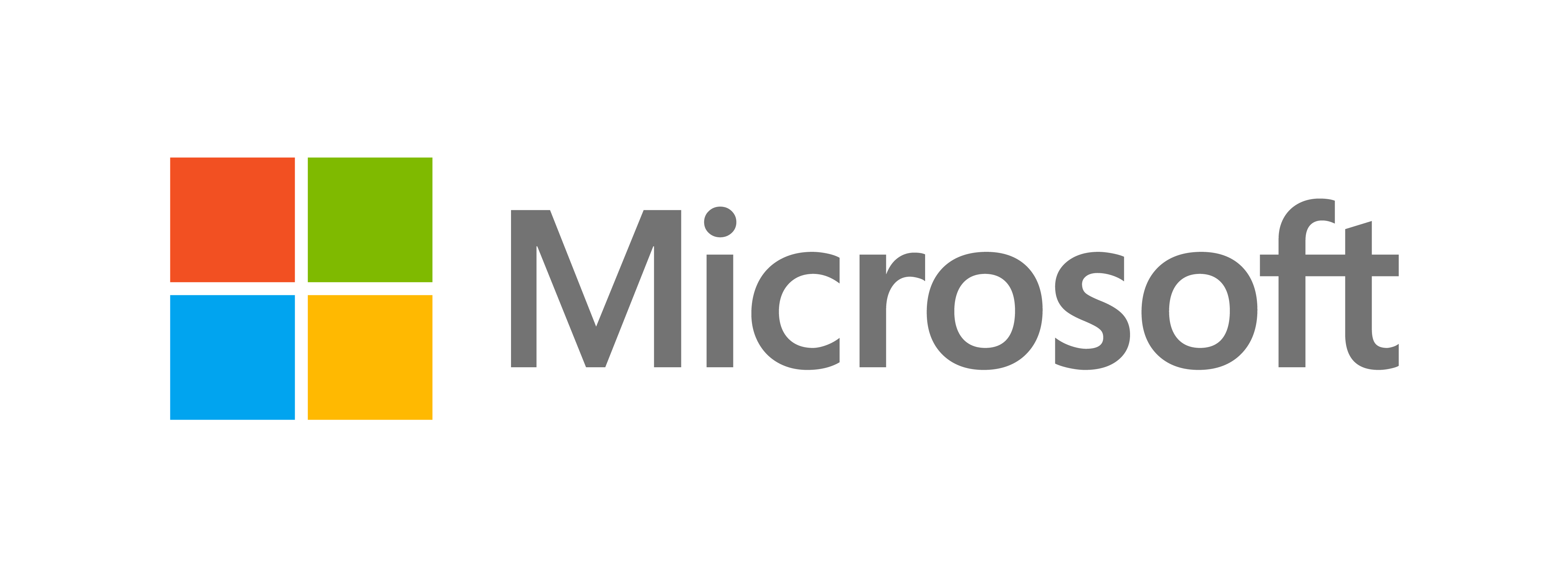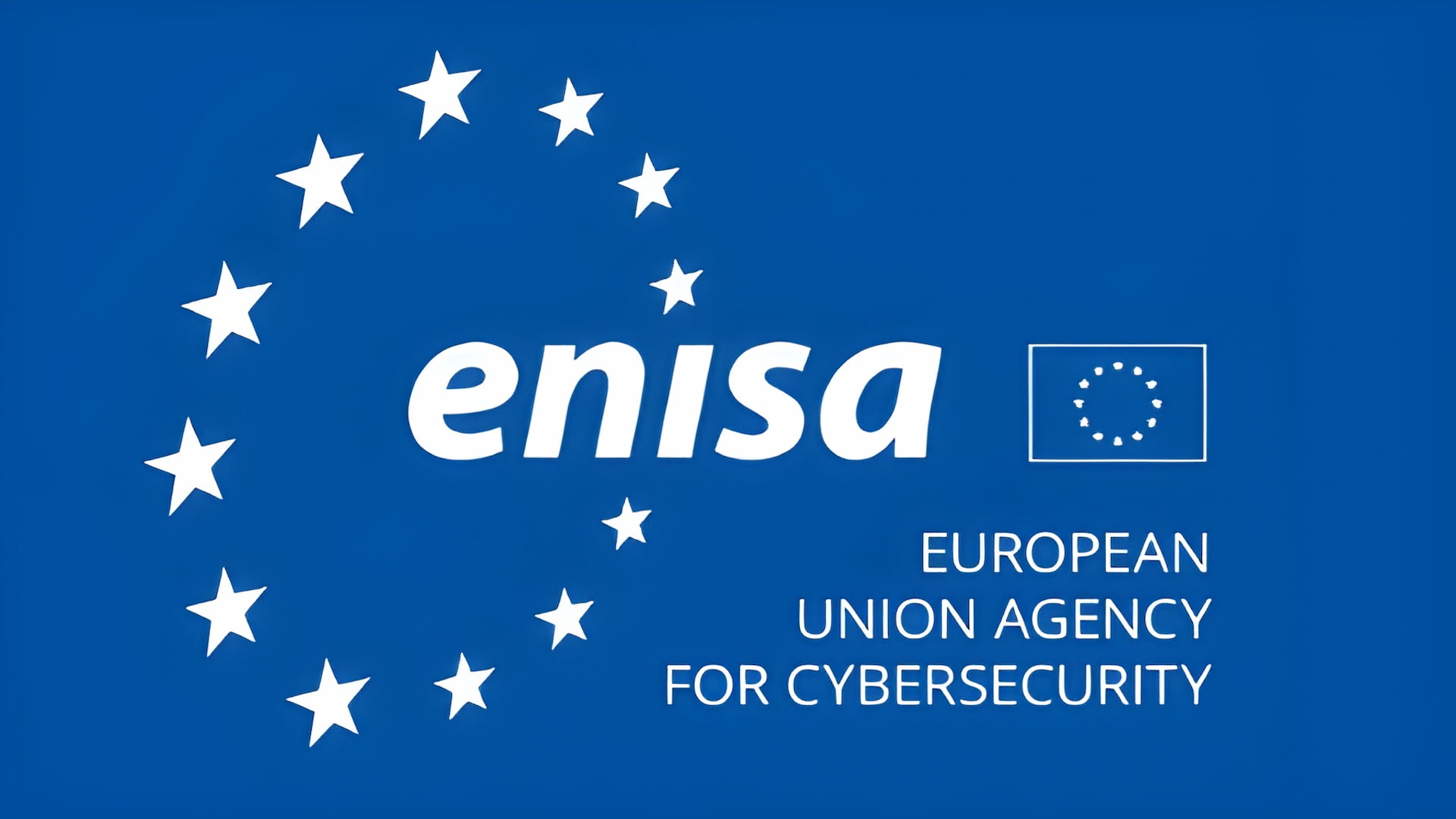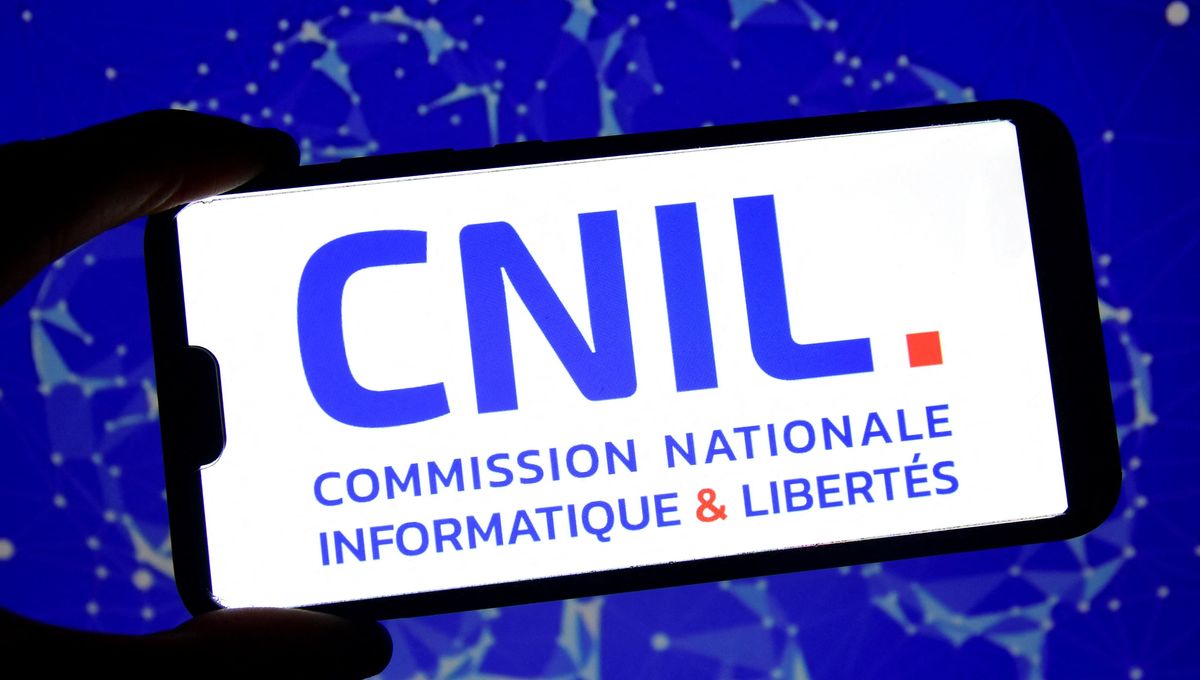The UK government has launched the Software Security Ambassadors Scheme to promote stronger software security practices nationwide. The initiative is led by the Department for Science, Innovation and Technology and the National Cyber Security Centre.
In the UK, participating organisations commit to championing the new Software Security Code of Practice within their industries. Signatories agree to lead by example through secure development, procurement and advisory practices, while sharing lessons learned to strengthen national cyber resilience.
The scheme aims to improve transparency and risk management across UK digital supply chains. Software developers are encouraged to embed security throughout the whole lifecycle, while buyers are expected to incorporate security standards into procurement processes.
Officials say the approach supports the UK’s broader economic and security goals by reducing cyber risks and increasing trust in digital technologies. The government believes that better security practices will help UK businesses innovate safely and withstand cyber incidents.
Would you like to learn more about AI, tech and digital diplomacy? If so, ask our Diplo chatbot!










